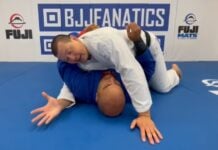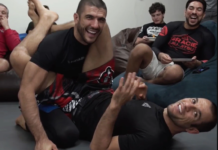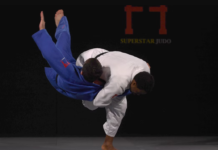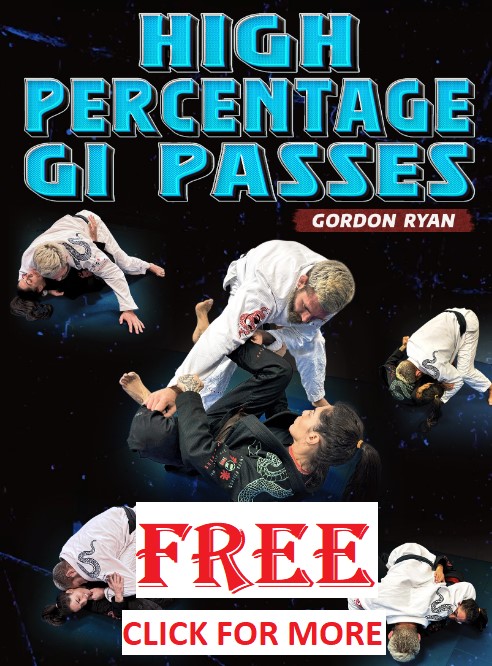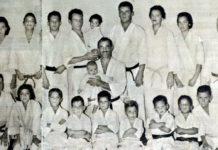
This is a conundrum that will be of great significance to people who have to do the two hardest things in Brazilian Jiu-Jitsu. Those are organizing and running an academy or just classes and competing on a regular basis. Each of these is a giant task on its own, so doing both of them might seem like way too much to deal with. Well, that’s not the case, and oftentimes, active competitors are actually the best coaches. Not to mention the invaluable benefits that being a BJJ coach brings to your competition game. As usual, it takes clever management to make them both work. In fact, the biggest lesson for grapplers here is how to actually do less in order to make things more effective.
I used to compete quite regularly at one point in my BJJ journey. However, injuries stroke and I had to do the obvious transition to coaching more. AS stuff started to heal, I got the idea that I can compete again. First time out, both my classes leading up to the tournament and my competition preparation suffered because of one another. That got me thinking that I have to find a way to incorporate both in a way that won’t leave me dead or mutilated in a couple of years. So I decided to give several things a try and finally figured out the delicate balance of the BJJ coach and competitor lifestyle.
The Life OF A BJJ Competitor
If you’ve ever competed you know how crazy, exhilarating and impossible not to repeat it is. Brazilian Jiu-Jitsu competitions are something really unique, and as such, require adequate preparation. Of course, you can just wing it and go do your best. However, approaching a tournament with a solid camp of sorts is miles different than just simply showing up.
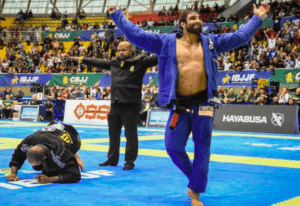
Being an active competitor that takes the competition seriously is a strain on your personal life as well. You’ll need good support if you’re’ to keep up with it. Moreover, you’ll really need to watch out for injuries and stay completely focused when on the mats. Seems like a full-time job doesn’t it? Now think about adding everyday obligations to it plus all the duties of a BJJ coach.
“Graduating” To A BJJ coach
Graduation is arguably the best word to use in this instance. Becoming a BJJ coach usually happens gradually, most likely when you start helping out. This is usually at a purple belt level, and things keep evolving from there. However, there are no rules and people have to be full-blown coaches even as early as the blue belt. In fact, om of the best coaches out there are people who have started coaching very early. However, trying to compete at the same time will prove a challenge even for the most resourceful of them.
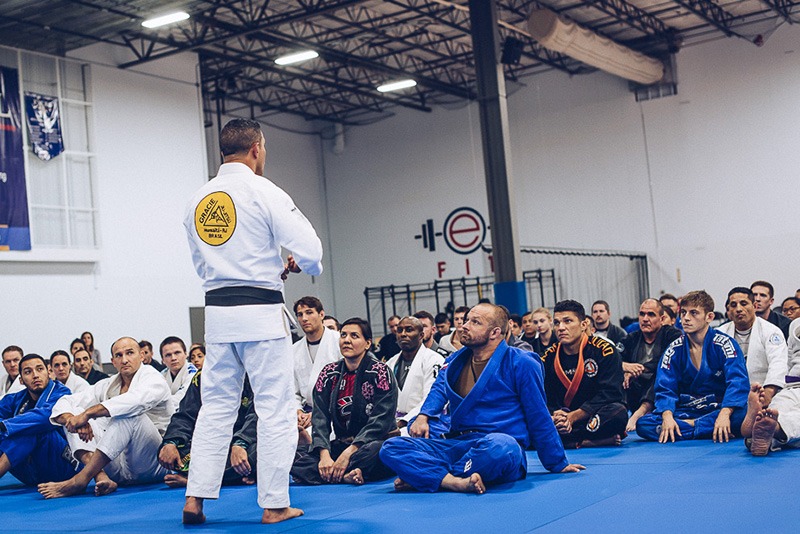
All in all, a BJJ coach has their hands full as well, once again having to allocate free time for academy needs. Of course, people do not sign up for this unless they know what’s up. However, those that like to be competitors as we described above, are usually in for a huge surprise. Thre’s imply n way to train that hard and be able to teach classes with satisfactory levels of focus and dedication. Or is there?
Can You Do Both?
To be honest, right off the bat, yes you can do both, but it is going to take a lot of effort. If you’re not ready to really dedicated, you might want to sit down and select one of these options top focus on. You can always move on to the other once you’ve had enough. That said, there are certain tips and tricks that you can use to make life easier and more efficient.
First of all, you need to understand that you’ll need to make sacrifices on both fronts. However, making them willingly means you can choose which aspects to leave behind, instead of sacrificing important things. The one biggest thing you can do is plan ahead. You usually know when your competitions are coming anyways. Why not do the same with classes? Organize a 4 to 6-month curriculum and outline what sources you’ll use for the classes. That way, it’ll take minutes to prepare. Also, the closer you are to competition, you’ll use more specific classes for your needs, or ones you’re really comfortable teaching.
In terms of keeping up with the physical demands, make sure you organize a competition class. That’s the perfect environment for testing out you’re a game while teaching a class. These types of classes are easy to put together and have a huge conditioning benefit as well. MOroev, you can incorporate al to of drills in it, removing them from other classes so that you ‘re not exhausted. And finally,m you do not have to roll every round, with everyone.
In terms of recovery, nutrition, etc, it is very simple – you need help. You can’t do it all by yourself, Have a significant other or family member help out with the cooking and other chores. Also, find someone to help out in the academy, taking some of the workloads off. You’ll need them to cover when you’re away competing anyways.
Conclusion
Balancing the life of a BJJ coach with that of a high-level competitor is anything but easy. What I outlined above works for me, but you might be in need of a different rhythm. However, the guidelines are quite general, so that you can adopt whatever you need and disregard anything else. The fact of the matter is, you can do both at a high level, but only if you plan ahead, and accept that things will go off the rails every now and again. You won’t be perfect at either, but you’ll certainly be an expert in both!

